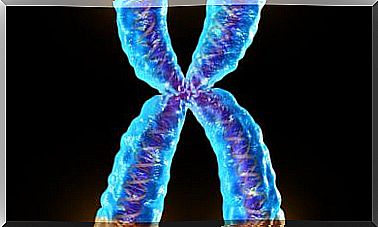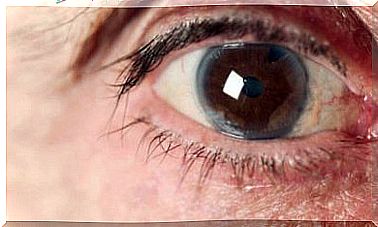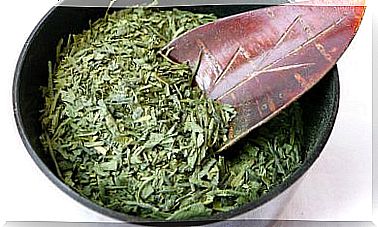Lactose Intolerance In Children, Diagnosis And Treatment
Lactose intolerance in children is one of the most common eating problems . Many times the correct diagnosis does not arrive until the parents request an analysis to see what happens with their child, why they do not reach the normal size, etc.
Aside from lactose intolerance, children may have an allergy to milk protein which has quite similar effects. However, the treatments are different.
Join us to discover everything about lactose intolerance in children.
Lactose intolerance in children
The diagnosis includes a medical history, prick test (allergy skin tests) and measurement of eosinophyls, IgE in blood.
If the child’s blood test reveals that he has difficulty digesting the sugar in milk , that is, lactose, the treatment would go through:
- Change the milk to the child and offer him one that does not contain this sugar.
- Remove lactose foods from your diet.
Lactase deficil, an enzyme capable of digesting the lactose contained in milk, will present a series of symptoms that we will present in the next section of this article.
In the case of allergy to cow’s milk protein, the situation is more complicated. In addition to changing the milk, the pediatrician will offer us a list of the foods that the child can eat and those that he cannot.
For older children, an allergy to cow’s milk protein involves a complex change. Why? Well, because you will have to adapt your entire diet. This is because many foods we eat every day have milk protein.
To give us an idea of what this allergy represents, we just have to look at the label of all the foods we buy and gradually abandon those with milk protein : 70% of the diet we are used to.
Symptoms of lactose intolerance
Symptoms of lactose intolerance in children are usually:
- Abdominal pain and bloating
- Abdominal distension
- Sickness
- Diarrhea
- Flatulence and foul-smelling stools
- Weightloss
- Constipation from decreased bowel motility
Before this symptomatology, consult with the pediatrician. The specialist will order a blood test to find out what your child does not tolerate. In this way, you can adapt your diet to what you need.
This food allergy does not only affect the physical part of the child, but can affect the intellectual part .
As for lactose allergy, its symptoms are usually:
- Redness and itching of the skin
- Vomiting, diarrhea, and presence of blood in the stool
- Irritability and crying
- Constipation
- Itching around the mouth
- Swelling of the eyes and lips
Many little ones have made a dramatic change with just one week of dieting. Therefore, we encourage all parents who think that their children have a food allergy to speak with their doctors and try to find a solution as soon as possible.
If any reader has any questions about how to know if your child has lactose intolerance, the best thing to do is see a doctor or specialist to determine the intolerance or allergy in question.









